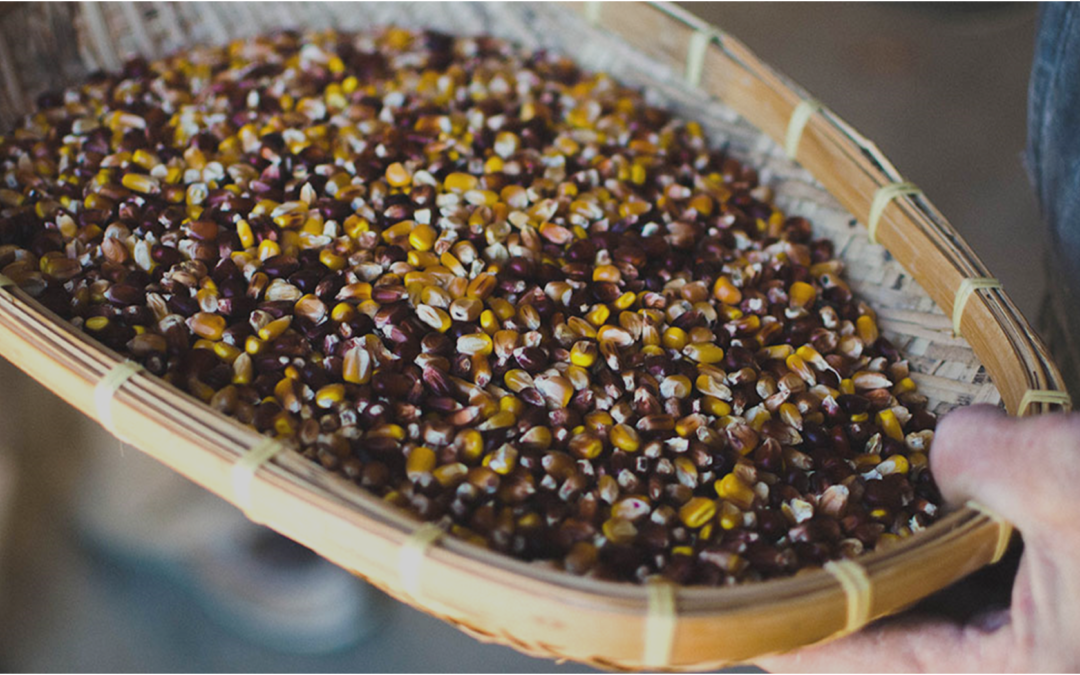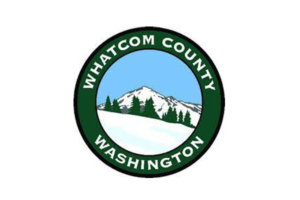Shagbark Seed & Mill tackles the burgeoning local foods movement head-on within the Ohio ecosystem. Since their launch in 2010 by the Appalachian Staple Food Collaborative, Shagbark has focused on marketing single-source, Ohio-grown, certified organic heirloom grains, buckwheat, and dry beans to restaurants, grocers, farmer’s markets, schools, bakeries, home kitchens, and CSAs. Shagbark has “community first” values and offers pricing structures to schools and other community food access programs that make it possible to bring good, healthy food to school meals and food pantries.
Their Challenge
Shagbark was at an inflection point in their business growth. At the height of the global COVID-19 pandemic! The small leadership team felt that their business was ripe for growth in the processing space, however, needed to define the optimal path. The pandemic brought additional complexities, as Shagbark reacted to real-time shifts in distribution channel volume and changes in consumer product preferences, both of which required them to adapt in the short term and think even more critically about the long term. They needed a roadmap to inform strategic growth while allowing them to uphold their mission and values.
Shagbark brought this challenge to New Venture Advisors after receiving a USDA Local Foods Promotion Program grant to explore its vision for growth via developing a sustainable model for regional processing.
Partnering with New Venture Advisors
New Venture Advisors utilized a two-phase approach to work with Shagbark to develop a strategic roadmap for growth. It was important for Shagbark’s team of advisors to be engaged, so throughout the project, we shared insights and presented findings to them too.
As part of phase one, we conducted a business review that examined the structure, sales, and profitability of the current business. We began by collecting mission, vision, business model, operations, and finance information from Shagbark’s leadership team to build a holistic current state foundation. A deep dive quantitative analysis, which included segmentation analysis, industry benchmarking, sales and contribution margin analyses, rounded out the current state assessment. The business review not only uncovered opportunities for product and channel growth but also identified additional growth levers to consider in phase two.
We determined the potential for growth was clear and needed to present Shagbark with a range of options. As part of phase two, we developed three growth scenarios of varying scale to examine in detail, including current state maximization, small-scale expansion, and large-scale expansion. Each scenario was assessed through an operational framework that outlined overall recommendations for execution success and specific actions for the management team and advisory board to focus on.
This framework evaluated six growth levers – product offerings, personnel, equipment, space/storage, customer relationships, and supplier relationships – and a financial model was customized to examine their impact on profitability, showing Shagbark growth lever sensitivities across each scenario. A “start small and scale up” approach was recommended based on Shagbark’s current resource and capital capacity.
The financial tool has utility beyond this project, given its dynamic design. Shagbark has the ability to refine assumptions and make ongoing strategic growth decisions.
This analysis also incorporated findings from an on-site examination of current operations that assessed the capacity and opportunity for operational improvements.
Moving Forward
Shagbark can execute on a few “quick wins” in the short term in preparation for scale. Specifically, per the on-site operations examination, key equipment and space/storage improvements were identified to improve production flow, maximize storage space and increase production capacity.
They continue to work with their advisors on the longer term strategies for expansion. Ultimately, Shagbark’s vision is to create a vertically-integrated staple seed center that significantly increases production of these crops on Ohio farms and converts them into a wide range of products sold to regional grocery, foodservice, and institutional customers. They envision a staple food system in which these vital products are grown, processed, value-added, distributed, and marketed at a great enough volume to catalyze the entire food system, creating meaningful work and jobs, and making the very best food accessible to everyone.
Image courtesy of Shagbark Seed & Mill



